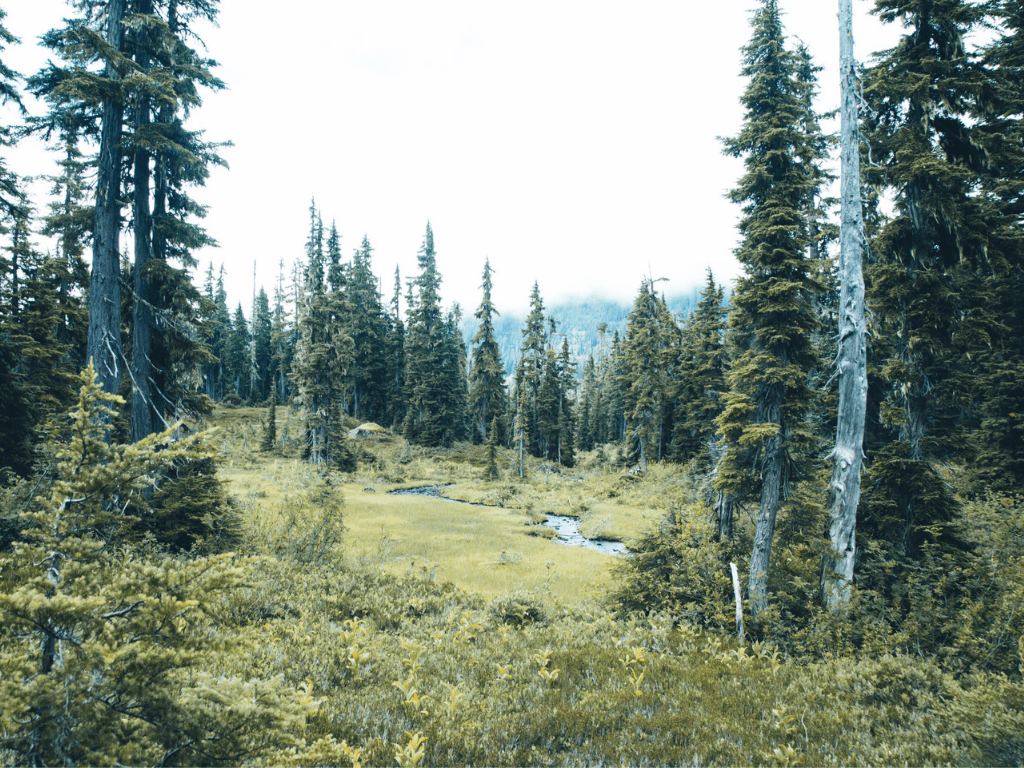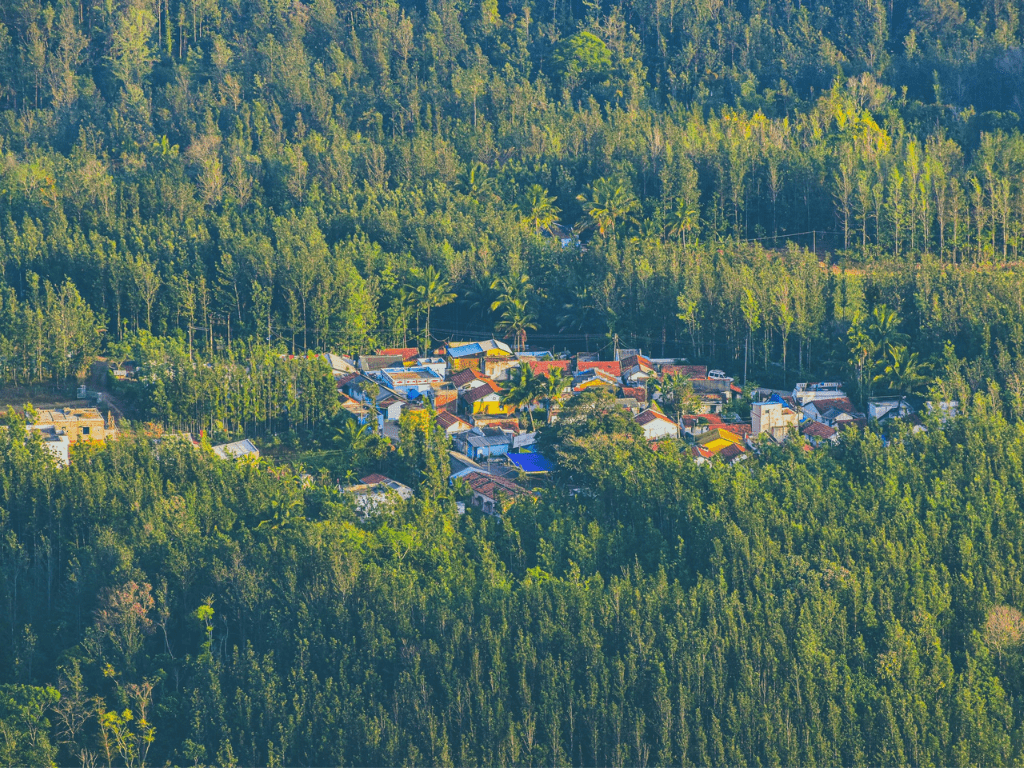How to Ensure Land Is Buildable lot Before Buying?

Buying buildable land is an important issue. You have observed the perfect property. The amount of acreage is excellent, the price per acre is cheap and it is below market value. Also, your plans are ready for submission to the local authorities for acceptance for building.
The only issue is that you haven’t visited the property itself just yet, and you may not have decided to purchase the land. However, you simply can’t pass this deal up since it’s an exclusive type of opportunity.
Land buyers have experienced your condition before. And you need to ensure that the land you buy is a buildable lot before investing. Ultimately, if the land is not buildable, it is not important how good the deal is, you don’t consider buying the land. We highlight some points to ensure the land you’re buying is a buildable lot.

Understand Land Regulations for a buildable lot
Land may be regulated at the city, state, and even federal levels (in rare situations). Some restrictions may be in place that will impede your chance to utilize your land appropriately. There are several restrictions to consider :
Zoning for the buildable lot:
Is the property zoned for residential, commercial, or agricultural usage? If you want to build a home, you need to ensure that the land is zoned appropriately. You can rezone the property, however, this takes time and money to fulfill.
Subdivision Regulations for a buildable lot
Some subdivisions have rules in place. These rules can stop you from building to plan. Simply because they restrict a building’s height or how far the building needs to be from the road.
In some states, some laws need a determined distance between a well and septic system on your property and adjacent lots. In this case, a small lot may be impractical to build on since you cannot meet the distance requirements. You may be able to get a variance to build on the property, however, again, this can be a problem
Title Searches for a buildable lot
Conducting a title search will give you a lot of information about the land you’re going to be buying. Through a title search, you’ll be able to determine:
Who owns a particular lot
Deed restrictions
Easements
It’s necessary to mention that a title search will not show you the zoning of the land or other details that may hinder your building plans. However, it is a great way to make sure that easements will not hinder or affect your chances of building. You may utilize a title search to find out how the land was used earlier. A previous owner may have donated part of the property for conservation, and in this situation, you can not withdraw this donation.

Wetlands
You need to be careful about wetlands since the rules on this type of land are severe. Complicated laws exist on the city, town, and county levels as well as the state and federal levels, which is a mess in itself.
If you do not have access to the property (For instance, when you’re buying it online), you need to contact the local environmental department to ask about wetland inventory maps. These maps will distinguish all of the wetlands in the area. You will be able to use this map to determine if the land you’re interested in is governed by wetland restrictions.
Flood Plains
Local planning offices can help you to find out if your land is on the border of a flood plain or not. If your land does reside on the boundary of a flood plain, you should build a determined distance away from the boundary. This distance may make it infeasible for a small lot to observe limitations on how close a home can be to the road.
Ask for Verification of buildable lot
Buyers have the right to ask for verification of the land’s buildability. Before purchase, buyers have a right to know all information about the land. For example, it is possible that the land was used for farming, and pesticides were transferred to the land. It causes the land to be toxic. So, if you don’t know about this toxic waste when buying such property, it is your responsibility to clean up the waste, and it can be expensive.
You should ask the seller to make sure that the land is free of toxic materials and buried items. It causes problems when you decide to build. However, it is possible that the current owner doesn’t know about buried items on the land that can cause problems in the future.
Disclosure laws are available in many states that will give you certain issues. If the land was home to an Indian burial ground, for example, you would not be allowed to build on the property under federal law. You would need to know this information, and disclosure may provide you with this relevant information. However, every state has its own disclosure regulations. Also, some states do not have disclosure regulations in place for real estate.
As a buyer, you need to follow all of the mentioned information to verify any possible issues you may come across when building on a certain property.
If you are searching to purchase affordable land, please contact us. Please visit our property list by Click Here
Please leave us a review on our Facebook page and hit the like bottom to receive new content and deals on Facebook.


Is it possible for s foreigner to buy land in USA?
Yes, you can purchase and own vacant land in the US from a foreign country.
Me and my husband are looking for about 5 to say 8 Acres in Missouri we want to know if we could like put so much down and play so much you want my phone number is 405-757-5185 thank you for your time my name is Stephanie you called it